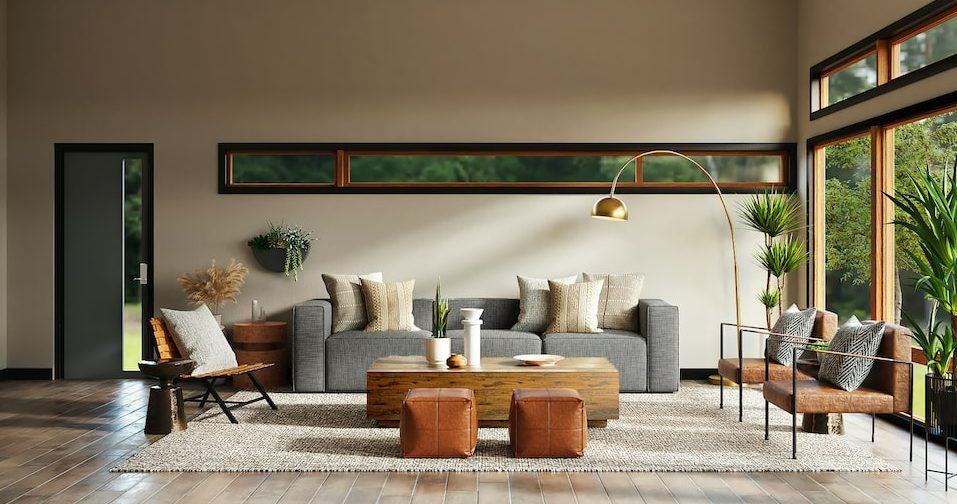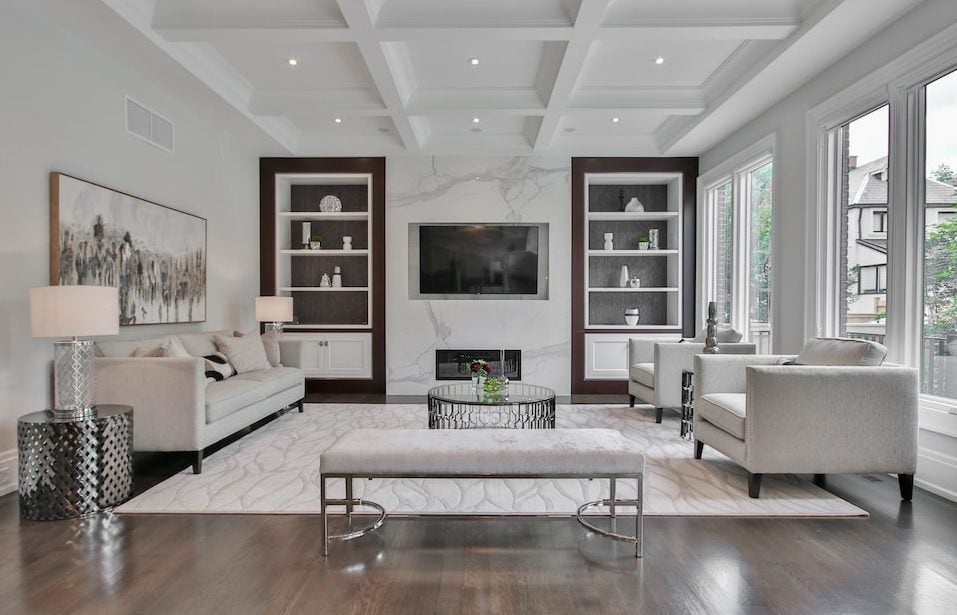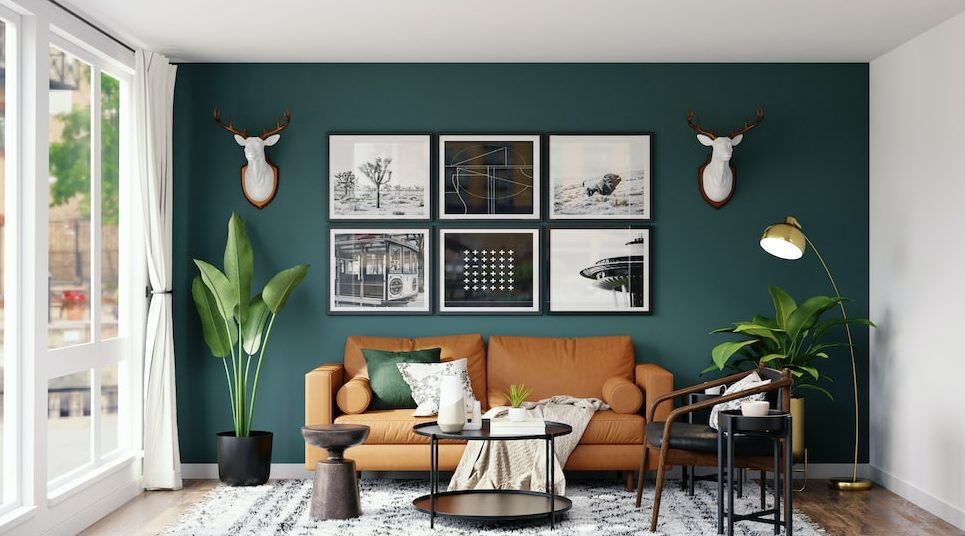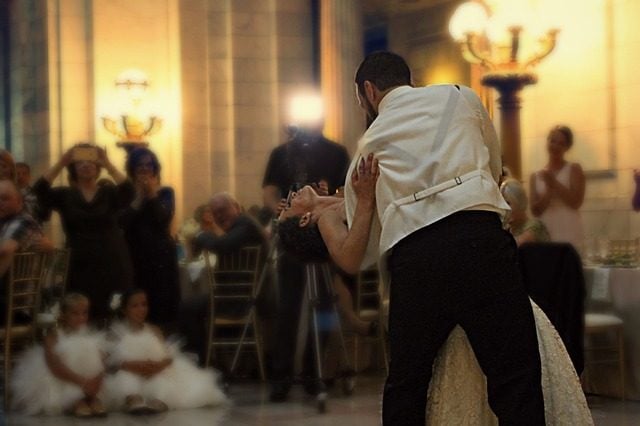BLOGS
Is The Client Always Right When It Comes To Interior Design?
Design is arbitrary; it will have varying effects on various people. Personal preference constantly enters the picture, whether we like to accept it or not.
What is an Interior Design?
To construct practical spaces and sculpt those feelings in a way that encourages people to spend time and observe the interior spaces in a room, interior design is the art and science of understanding people’s behavior. The interior design follows a set of regulations that are based on certain interior design principles and design aspects, just like any engineering course or architectural profession.
When it comes to interior design, is the client always right?
YES
Giving the client what they want and need but didn’t realize they were seeking for is how the designer and client work together to create the actual beauty of interior design. At the prior to executing a design, liberal design thinking methodologies should be given time. Building this foundation enables the design team up with to understand the built environment as a physical response to a client’s wants rather than a static object.
The most creative process is only stimulated because our clients feel heard and empowered when we have a deeper understanding of them. It’s not a matter of abandoning design integrity, but rather of comprehending our clients and meaningfully pushing their creative limits.

NO
Neither we nor the client are always correct. Finding the best, the most elegant, and aesthetically pleasing solution is always the goal of a project’s negotiations between two parties to have. Actually, it’s everyone’s responsibility to feel confident in declining an offer. The client should say “no” to keep pushing the designer if the design doesn’t make sense, support the requirement, or provide a solution to the short—or if the brief is constantly changing.
Simply put, when it comes to understanding their own goals you have for a project and our home, the client is always correct. However, if a designer answers “no,” they should present five to ten fresh choices as a substitute. Instead of simply putting an idea on hold, a “no” ought to serve as the seed for other solutions, concepts, and ideas. “No” should be the beginning of a new path leading to a better design rather than the end of the road.
Is the Client always right or Is the Designer always right?
“Customer is always right”
This customer service maxim may be overused, yet it holds true when it comes with our interior design business. The community of interior designers, though, frequently finds it difficult. You may be a pushy designer if you frequently find yourself telling people, “Trust me, you’ll love it.”
The designer and the client work closely together to create the final product. The customer has lived through the history of the company, managing it, developing the goods, and fostering their vision for the future of the company. As a starting point for the work that will be done jointly, the customer provides this knowledge to the partnership.
The designer’s role is to create packaging and branding that will help the customer get from where they are to where they want to be. The only way a design can be strategically developed to get the client from Point A to Point B is by analyzing the brand, product, target audience, consumer values, competitors, and retail environment. The client needs someone who is an expert in their industry—best practices, what works, and what doesn’t—to lead them to the right solution.
The relationship and mutual knowledge of each party’s responsibilities are what fuel the creative process. So much occurs during that process, frequently in an unexpected way. The fact that you never know where the creative process will take you is what I find most appealing about design. The magic of collaboration really starts to shine there.
Personal preference is a factor, which is okay because it’s a necessary step in the process. A client may occasionally request a modest change to a design we produce. To better fit their tastes, this can entail slightly adjusting the shade of a color or the font style. There is always someone’s personal preference to take into consideration, whether they are the proprietor of a small business or a significant decision maker in a major firm. Incorporating these adjustments is a method for both parties to contribute to the result, unless there is a reason not to.

In the end, a notion isn’t a fantastic concept if the client can’t support it wholeheartedly. We find a solution to make it work for everyone—without losing results—if there is a part of the proposal that a customer simply cannot accept.
The design process is this collaboration, this two-way street. Amazing outcomes occur when both parties are aware of this before the relationship even begins.
When a client’s selections are the last ones you would make, despite the fact that we may believe we know what our clients should do with their space, there are several important considerations to keep in mind:
- This is their space, not yours.
- You were hired to collaborate with them, not to tell them what to do.
- An Interior Designer’s most important skill is listening.
What do clients look for in a Professional Interior Design Business?
It’s important that you are aware of what clients want in an interior designer when employing them for a project if you own a firm or a freelancing business. In a highly competitive market, it’s crucial to ensure that your company stands out from the crowd and that the manner you promote your business matches the caliber of the services you can offer.
Here are some suggestions to help improve your company’s appeal to potential customers if you are having trouble luring clients or you’d like to take on more tasks. Here are the qualities that customers seek in an expert interior design firm, from portfolios to customer service.
Excellent Customer Service
You should offer your interior design clients a high caliber of customer care as a seasoned designer or design studio. This is something that begins long before you decide to take on the endeavor. A client you are working with will pay close attention for your level of customer service right away to see whether you are a designer who will go above and beyond for them.

A portfolio of high-quality project
Use your portfolio to your advantage because it is one of your best marketing tools and the only way a client will be able to judge your skill and knowledge. Consider your portfolio to be a digital business card, and be sure to fill it with a variety previous projects of work. It allows your clients to picture your work in their own surroundings and showcases your abilities and style in many contexts.
A creative and unique interior designer
When picking a designer to work with, clients will be taking a leap of faith, therefore it’s imperative you convey your capacity to handle their project and let them know that you are willing to go above and beyond to satisfy their demands and goals. In addition to having your own distinctive style, you should keep in mind that the client will eventually pay you to do the work, so it’s critical that you can adapt your work to their specific needs.
Fair price point
Billing and finances must be mentioned and discussed in advance in order to put your client at rest and maintain professionalism. Because customers will know exactly how much they are paying and when, keeping transactions regular will assist to allay any worries on your client’s end and they will thank you for it. Digital payments provide your consumers a better grasp of the payment procedure and prevent them from being in the dark about the price of the interior design services and supplies.
Suggested Read: Effective Ways To Help Brokers Meet The Need Of Their Clients
Suggested Read: Why Real Estate Should Focus On Customer Experience
Suggested Read: Brittany Salesforce Promising Best Customer Experience
Suggested Read: Why Is The Brand Of The Developer Important
Suggested Read: Updating Your Investment Portfolio















